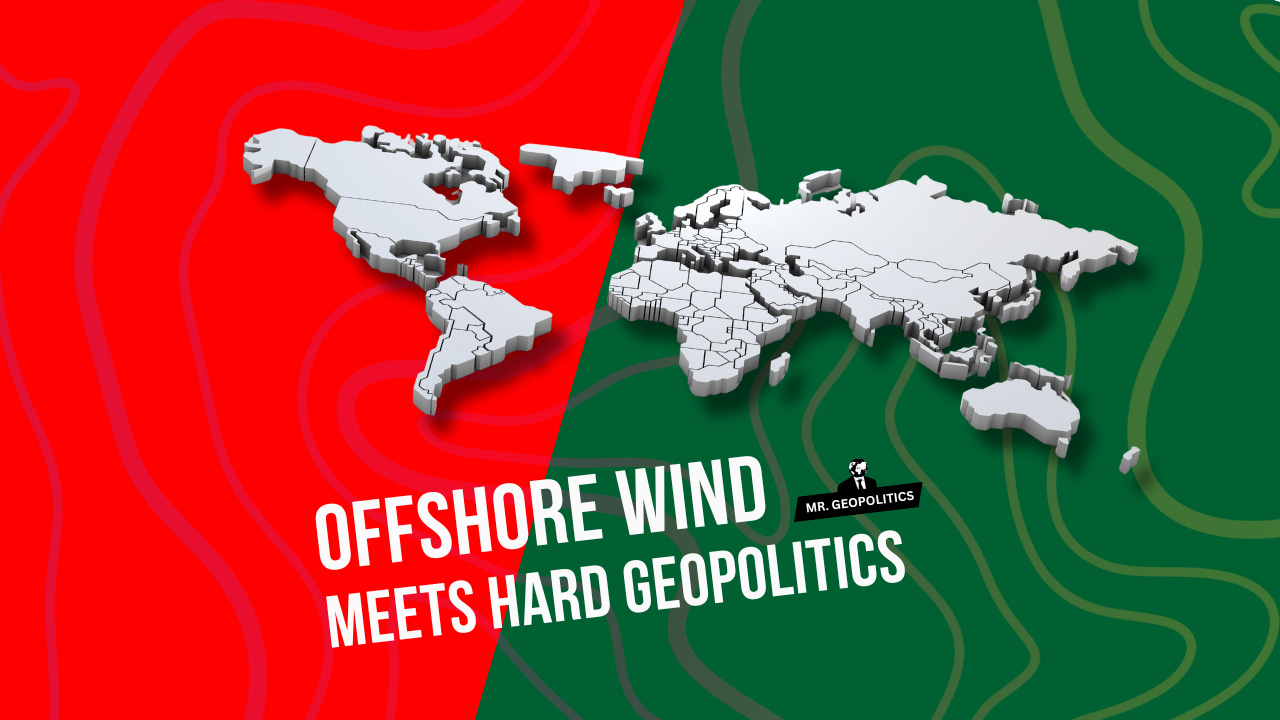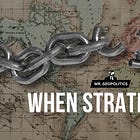Ørsted, America, and the Dangerous Geopolitics Ahead
Energy and state power become "prey" and "predator"
In the past 72 hours, two massive developments occurred that permanently change the relationship between business and government and present new geopolitical headaches for the world.
First, the US officially took a stake in Intel, dropping $8.9 billion for a 9.9% stake (around 433.3 million shares). This makes the US government the single largest shareholder in Intel. It represents the emergence of “quasi SOEs” in America, and puts Washington in a strange position regarding China.
For over two decades, Washington has criticized China for having state-owned enterprises (SOEs). These organizations have grown into global behemoths that underpin the world economy. Their size should not be underestimated. A study from 2017 calculated that these businesses represent up to 28% of the entire Chinese economy, almost $3.5 trillion based on China’s GDP at the time (around $12.5 trillion).
However, the second development is equally significant and has flown largely under the radar.
On August 22nd, the US government directed Ørsted, the largest energy company in Denmark, and the biggest operator of wind farms on the planet, to pause “Revolution Wind,” a $1.5 billion project off the coast of Rhode Island and Connecticut to power 350,000 homes with wind power. The “stop-work” command was carried out by the Bureau of Ocean Energy Management (BOEM), which, in April, sent a similar order to Equinor, the largest company in Norway, majority owned by the Norwegian government, to pause “Empire Wind,” a $5 billion project to power 500,000 homes through wind power supplied off the coast of New York. While BOEM later rescinded the stop-order for Equinor, the pause and political spotlight caused the Norwegian firm to reassess the financial viability of the project, which was expected to start (phase 1) in 2027.
However, the situation with Orsted is different—and hugely geopolitical.
📣 POPULAR INSIGHTS ON THIS TOPIC
Keep reading with a 7-day free trial
Subscribe to Mr. Geopolitics to keep reading this post and get 7 days of free access to the full post archives.







